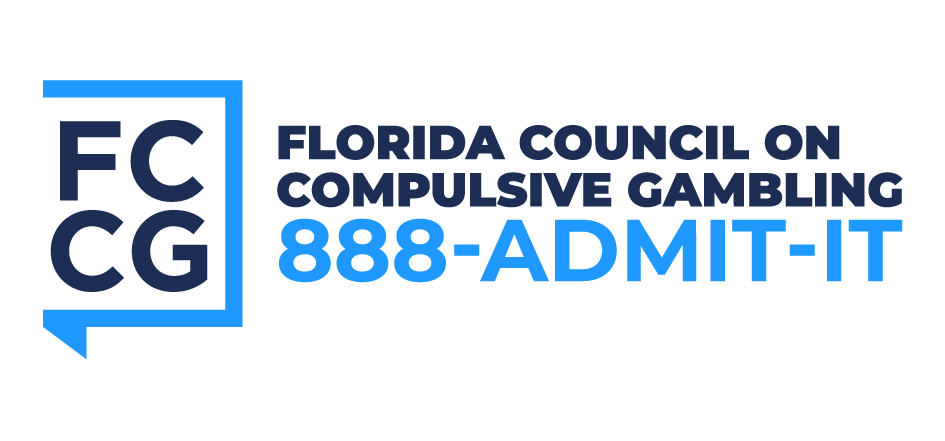In Honor of Social Wellness Month – Let’s Zoom in on Ourselves and Loved Ones
“The FCCG is embracing its new framework, ‘Healing One Day at a Time’ because the truth is that healing is a process that takes time, so it is essential that we remind ourselves and others that it is never too late to start the path to recovery, one day at a time.”
July is Social Wellness Month and another reminder to ask ourselves if we are taking time out of our daily lives to nurture ourselves and those we care about. Very often, when we are faced with trying times or get caught up in the pressures of everyday life, we tend to go into overdrive and react to presenting situations, without first taking the time necessary to pause to determine how best to proceed. For disordered gamblers who are in the latter stages of their addiction, a sense of desperation can set it that results in a domino effect, impacting upon financial, legal, relationship and other life decisions, that frequently have short and long-term impacts upon them and their loved ones.
The FCCG is embracing its new framework, “Healing One Day at a Time” because the truth is that healing is a process that takes time, so it is essential that we remind ourselves and others that it is never too late to start the path to recovery, one day at a time.” Social Wellness Month is another way we can start Healing One Day at a Time by recognizing that as we continue to forge forward from the impacts of COVID-19, we need to open ourselves back up to healthy relationships. The pandemic may have provided the opportunity to self-reflect, to reach some conclusions about the way we are leading our lives, and to realize what the research concludes – a vital component of one’s health is comprised by healthy relationships, whether it’s at home or elsewhere.
Healthy relationships benefit health. The health risks from being alone or isolated in one’s life are comparable to the risks associated with cigarette smoking, blood pressure, and obesity. On the other hand, “social relationships—both quantity and quality—affect mental health, health behavior, physical health, and mortality risk” [1]. The studies confirm that individuals with the lowest level of involvement in social relationships are more likely to die than those with greater involvement [2]. Additionally, marriage appears to be one of the more studied social ties. “Recent work shows that marital history over the life course shapes a range of health outcomes, including cardiovascular disease, chronic conditions, mobility limitations, self-rated health, and depressive symptoms” [3].
There are generally three board categories that social ties work to influence: behavioral (routinely performing exercise, eating a balanced diet and adhering to medical regimens); psychosocial (emotional support provided by social ties enhances psychological well-being and can reduce the risk of unhealthy behaviors and poor physical health) [4]; and physiological (supportive interactions with others benefit immune, endocrine, and cardiovascular functions and reduces how the body responds to stress and stabilizes equilibrium [5].
People who have a strong social network tend to live longer, respond better to stress, and are better able to fight off infectious disease. However, starting anew can oftentimes be difficult because problem gamblers and family members may find it challenging to let go of the past and live in the moment. If you or yours find yourself in this position, consider that the third Saturday in July (17th) is Toss Away the Could Haves and Should Haves Day, which is intended to encourage people to let go of the past and live for the present. To participate, it is suggested that you write a list of your “could haves” and “should haves” on a piece of paper and then throw it away. Then, make the following resolution:[6]
From this day forward, I choose not to live in the past – the past is history that I cannot change.
I can do something about the present – I choose to live in the present.
The Florida Council on Compulsive Gambling’s 24/7, Confidential, and Multilingual HelpLine may be reached by calling 888-ADMIT-IT (888-236-4848), texting (321) 978-0555, emailing fccg@gamblinghelp.org, initiating a live chat at gamblinghelp.org, or by reaching out on social media platforms, such as Facebook and Twitter. The HelpLine offers help and hope for anyone suffering from the effects of a gambling problem.
[1] Umberson, D., & Montez, J. (2010). Social Relationships and Health: A Flashpoint for Health Policy. Journal of Health and Social Behavior.
[2] House, J., Landis K., Umberson D. (1988). Social Relationships and Health. Science, 241:540–45.
[3] Hughes, ME. & Waite, L. (2009). Marital Biography and Health at Mid-Life. Journal of Health and Social Behavior. 50:344–58; Zhang, Z. & Hayward, M. (2006). Gender, the Marital Life Course, and Cardiovascular Disease in Late Midlife. Journal of Marriage and Family. 68:639–57.
[4] Kiecolt-Glaser J., McGuire L., Robles, T., Glaser, R. (2002). Emotions, Morbidity, and Mortality: New Perspectives from Psychoneuroimmunology. Annual Review of Psychology. 53:83–107; Thoits, P. (1995). Stress, Coping, and Social Support Processes: Where Are We? What Next? Journal of Health and Social Behavior. 35:53–79; Uchino, B. (2004). Social Support and Physical Health: Understanding the Health Consequences of Relationships. New Haven, CT: Yale University Press.
[5] McEwen, B. (1998). Stress, Adaptation, and Disease: Allostasis and Allostatic Load. Annals of the New York Academy of Sciences. 840:33–44; Seeman, Seeman, T., Singer, B., Ryff, C., Love, G., Levy-Storms, L. (2002). Social Relationships, Gender, and Allostatic Load across Two Age Cohorts. Psychosomatic Medicine.64:395–406; Uchino, B. (2004). Social Support and Physical Health: Understanding the Health Consequences of Relationships. New Haven, CT: Yale University Press.
[6] Faye, T. (2012). Toss Away the Could Haves and Should Haves.

